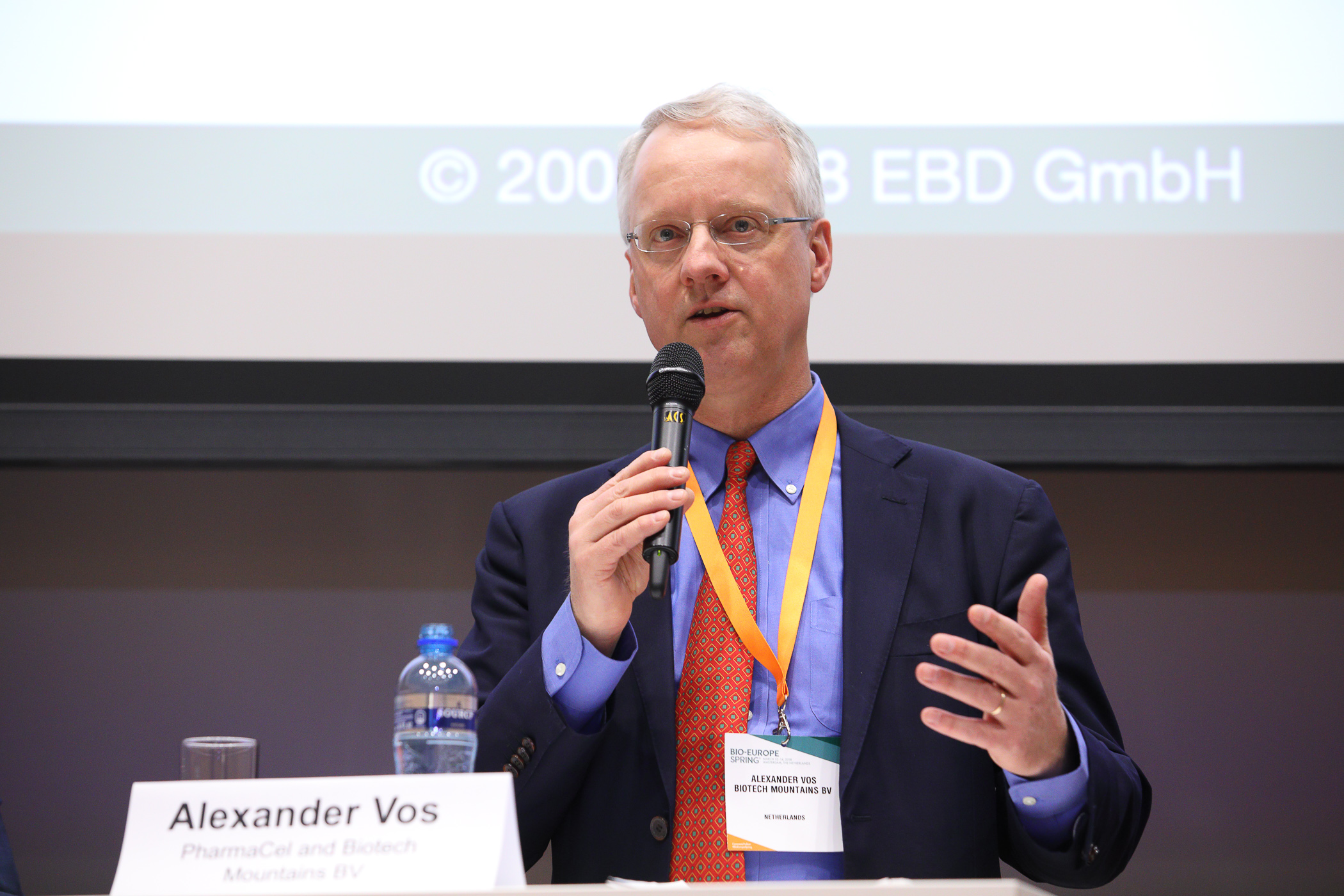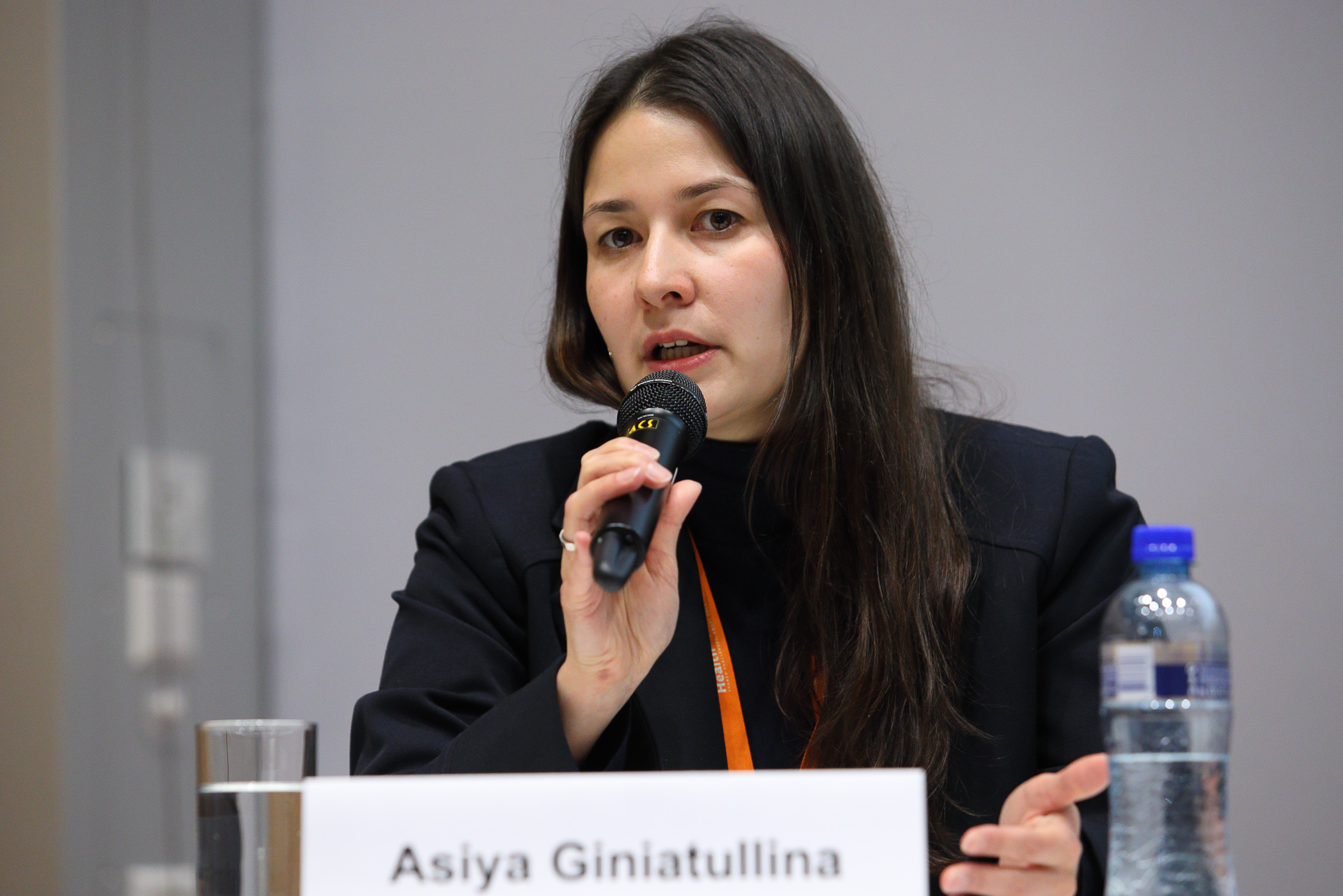"A couple years ago we would not have seen half as many people for this discussion," said Alexander Vos with Biotech Mountains, who led a panel discussion on new advances in cell and gene therapies that drew a standing-room-only crowd of biopharma executives during BIO-Europe Spring® 2018. 
"People are now seeing transformative therapies coming through and we are in an incredibly exciting time. People are seeing that we can have a real impact on an industry and that it is gratifying to be part of the idea that we can start to think about curing certain diseases," he said.
The CEO at Synpromics, David Venables added a note of caution, saying, "A lot of people are now getting involved in gene therapy with an enthusiasm for this new wave. Yet one of the temptations, one of the real dangers, is to assume that a lot of issues have been solved. While we have made advances in delivery, we cannot say we are there yet. There is still a huge amount of work to be done on delivery systems."
Kenneth Carter finds himself at the center of the sudden public attention as the Co-Founder and Senior Advisor at NexImmune, which is developing an endogenous therapy with a totally artificial antigen that this year will enter a clinical trial with the MD Anderson Cancer Center, Memorial Sloan Kettering and another prestigious reference centers.
"In the cancer space, there have been very exciting breakthroughs based on the ability to deliver T cells with very acute specificity and amounts of cells that are clinically meaningful. Yet this first wave of therapies has been limited to single antigens or single targets," he said.
"In the near term, we are going to see a significant, incremental progress in combining T-cell and antigen-based therapies with checkpoint inhibitors. But ultimately we need to be able to target multiple antigens in a meaningful time frame. In this T-cell space, the industry is going to face a number of challenges, starting with manufacturing issues to get to a deliverable therapeutic in a time frame that actually matters to the patient, and then with a product that is immunologically and therapeutically on target for an antigen that is exquisitely specific to the tumor," said Carter.
Asiya Giniatullina recently joined the investment firm Forbion coming from one of its portfolio companies, bluebird bio, where she worked for many years as senior research analyst. Her view is that gene editing on top of CAR-T and TCR approaches are taking the cell-based gene therapy field to the next level.
"It is a big moment in the field with a better understanding of mechanisms and a critical mass of expertise. The opportunities in cell-based therapies are becoming interesting in the autoimmune space for an expansion beyond oncology, first to autoimmune-driven diseases that have a lot in common with the oncology mechanisms, and then beyond this into other indications where the immune system plays a role and can affect the outcomes," she said.
Meanwhile, she suggested, "there remains a lot of interest in existing therapies with technologies that have been around for a while, where there is a better understanding of the manufacturing, and which have a proven safety profile and long-term outcomes."
In what he called blue-sky visioning, Venables offered the view that "the next level of complexity is delivering the gene, but also editing the gene, genetic editing and genetic circuitry, delivery systems with artificial chromosomes. It is up to us to be highly imaginative, which is why this new phase is so exciting to me because we understand what the needs are. But it is going to take great imagination and courage, actually, to go after some of these diseases in the right way, which is focusing on the science. I think that we have become too money-oriented, or investor-oriented, which potentially could kill what we have seen starting to emerge now. If science can continue to lead, then there are exciting challenges ahead."
According to panel moderator Vos, "It is a great moment, but at the same time, there is the question of the valuations we are seeing. The market is so awash with cash that the valuations for early-stage companies may be a bit out of proportion. Of course, I would tell them, if they can get financing now in big numbers, then take that cash to build infrastructure for a broader foundation for science to support the technologies. That could be the insurance policy for the future that gives a company a path forward."


